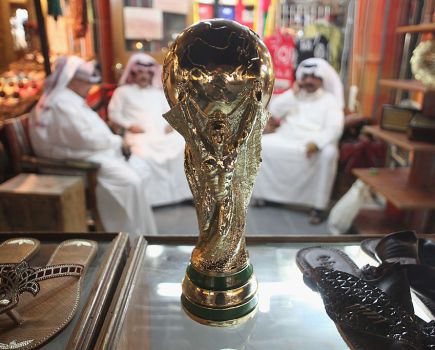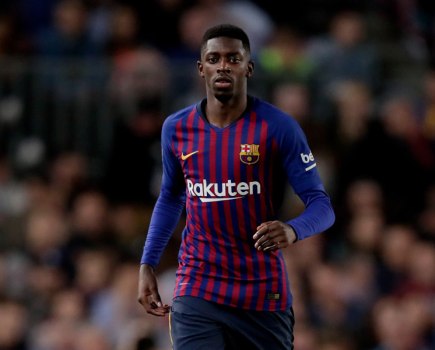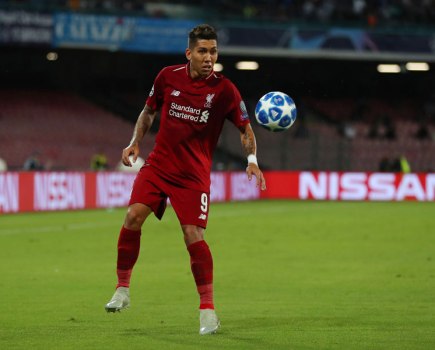 The cameras were directed at Zinedine Zidane, at Fabio Cannavaro, Lothar Matthaus, Fernando Hierro . . . all recent heroes of international football, stars of their clubs, their countries and their multi-national sponsors.
The cameras were directed at Zinedine Zidane, at Fabio Cannavaro, Lothar Matthaus, Fernando Hierro . . . all recent heroes of international football, stars of their clubs, their countries and their multi-national sponsors.
Far less feted was the bright-eyed little man with the swept-back grey hair who sat at ‘outside left’ on the podium in the media centre in Costa do Sauipe some 24 hours before the draw for the finals of the 2014 World Cup in Brazil.
Yet Alcides Edgardo Ghiggia, now 86, is a man whose unique achievement reaches down more than 60 years of football history with a resonance which reverberates through the vastness of Brazil.
On July 16, 1950, Brazil played Uruguay in the final match of the World Cup in the giant new Maracana in Rio de Janeiro: a stadium which had been built with the specific expectation that Brazil would be crowned world champions in front of 200,000 of their own fans.
Brazil needed only a draw because the concluding stage was a mini league; Uruguay had to win.
No-one doubted the outcome. One newspaper printed a poster, three days before the game, with a picture of the Brazilian team proclaimed as ‘Champions of the World.’ Some Uruguayan directors were so convinced of the outcome they left for home the day before the game.
Brazil went close to scoring three times in the first five minutes. At half-time the game was still goalless but two minutes after the restart left-winger Friaca shot them ahead.
Maracana was happily cheering Brazil on to glory when, in the 66th minute, Uruguay equalised through their great inside forward Juan Schiaffino. No worries. A draw was still sufficient. Then: disaster.
Uruguay broke away. Julio Perez released right winger Ghiggia. He outpaced defender Bigode, cut into the penalty box and shaped to cross. Goalkeeper Moacir Barbosa threw his weight on to his right foot and stepped forward in anticipation . . . so the alert Ghiggia drove the ball between keeper and near post.
Brazil, shattered, could barely pass the ball between each other let alone amount a serious, retaliatory attack. The final whistle from English referee George Reader signalled victory for Uruguay and a string of reported heart-attack deaths both inside the stadium and across the country.
Ghiggia played on a further three years in Uruguay then spent a decade in Italy with Roma and Milan. In the days of travel travails foreign-based players were largely written off by their own national teams. So he ended his career with a mere four goals in 12 international matches, all scored in that 1950 World Cup.
The present visit is one of several he has made to Brazil since he wrote history.
He is always received well, saying: “People here love their football above all else. They don’t hold grudges. I feel very proud of being Uruguayan but I also respect Brazil a great deal. It’s a country full of joy, they welcome you with open arms so for me it’s beautiful to be here.
“After all, this is football – and people win and people lose and that event at Maracana was what it was. The Brazilians were sad at the time but they have won five World Cups since then so I’m happy for them.”
Ghiggia is hoping for a repeat final in July between Brazil and Uruguay. He hopes to be there in Maracana once more, “as a fan of Uruguay.” And then? No predictions. He says: “Luck can determine who wins and who loses but that is also part of football.”
Then he offered words of wisdom of his own to the Class of 2014: “Win your first game. It’s essential. It gives you a different approach to the rest of the tournament.”
Uruguay certainly managed that in 1950: they won their first game 8-0 against Bolivia. Ghiggia scored the eighth goal, three minutes from the end in the Estadio Independencia in Belo Horizonte (which later proved England’s football graveyard against the United States).
He scored in a 2-2 draw with Spain then again in a 3-2 win over Sweden. The winner in Maracana thus made him the first man to score in every possible match in finals (20 years before Brazil claimed the honour for Jairzinho in Mexico in 1970).
This then was the bright-eyed veteran sitting alongside Zidane & Co. A man with every right to share the same stage. Also, more than any of his fellow panellists, as his admirers say, “one of only three men – along with the Pope and Frank Sinatra – to silence Maracana with one gesture.”
That ‘gesture’ continues to haunt Brazil to this day.






